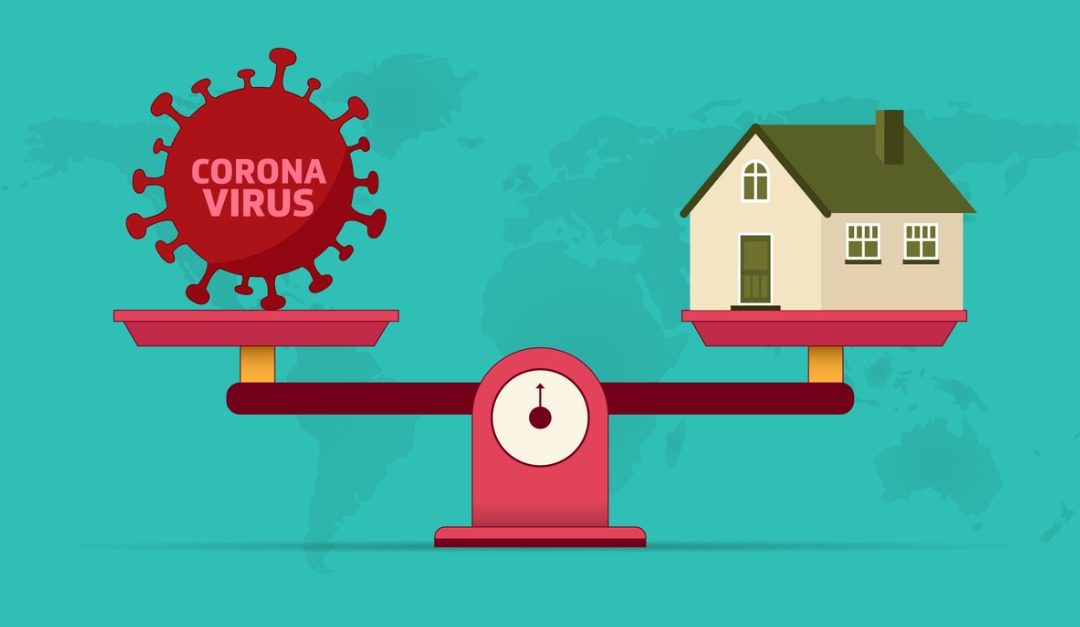Getting pre-approved for a mortgage before you begin looking at houses lets you know how much you can afford to borrow so you can focus on homes in your price range. It also demonstrates to sellers that you are a serious buyer who would be able to secure funding to purchase a house.
Some homeowners who were planning to sell their homes have put those plans on hold because they are concerned about how COVID-19 might affect home prices and they want to wait things out. A reduction in inventory means that there may be stiff competition for houses that are still on the market. If you have been pre-approved for a mortgage and another prospective buyer has not, a homeowner may be inclined to sell the house to you, even if you have submitted a lower offer, because you could get a mortgage.
How Does Mortgage Pre-Approval Work and How Has it Changed Due to the Coronavirus?
During the pre-approval process, a lender will look at your financial data to decide whether you qualify for a mortgage and, if so, for how much. A lender will consider your employment status, income and credit score. You will likely have to provide pay stubs, tax returns and financial statements.
The wave of layoffs and furloughs has left millions of people unemployed or experiencing severe cuts in income. Many mortgage lenders have tightened their requirements to make sure that they are only offering home loans to borrowers who would be likely to repay them.
Lenders are focusing on employment and asking lots of questions about whether COVID-19 has affected applicants’ jobs and incomes, and whether it might. Lending institutions have been verifying employment status and income several times before granting final mortgage approval, even right before closing. Some lenders are also requiring larger down payments, higher credit scores and/or lower debt-to-income ratios.
How COVID-19 and Changes in Guidelines Might Affect You
If you were laid off, you might be unable to qualify for a mortgage if unemployment benefits are your only source of income. If your salary has been cut but you could still afford mortgage payments, or if your spouse’s income is large enough, you may still be able to get a home loan.
If you don’t have enough money saved to make a large down payment, you may not be able to qualify for a mortgage. Due to financial constraints, some state and local programs that offer down payment assistance cannot help as many people now as they could before the coronavirus.
Honesty is the Best Policy
Be upfront with your lender about your financial circumstances and whether you believe your job is secure. You might not get approved for a home loan right now, or it might not be for the amount you want, but you could avoid finding yourself with a mortgage you can’t pay and facing foreclosure in the future.











